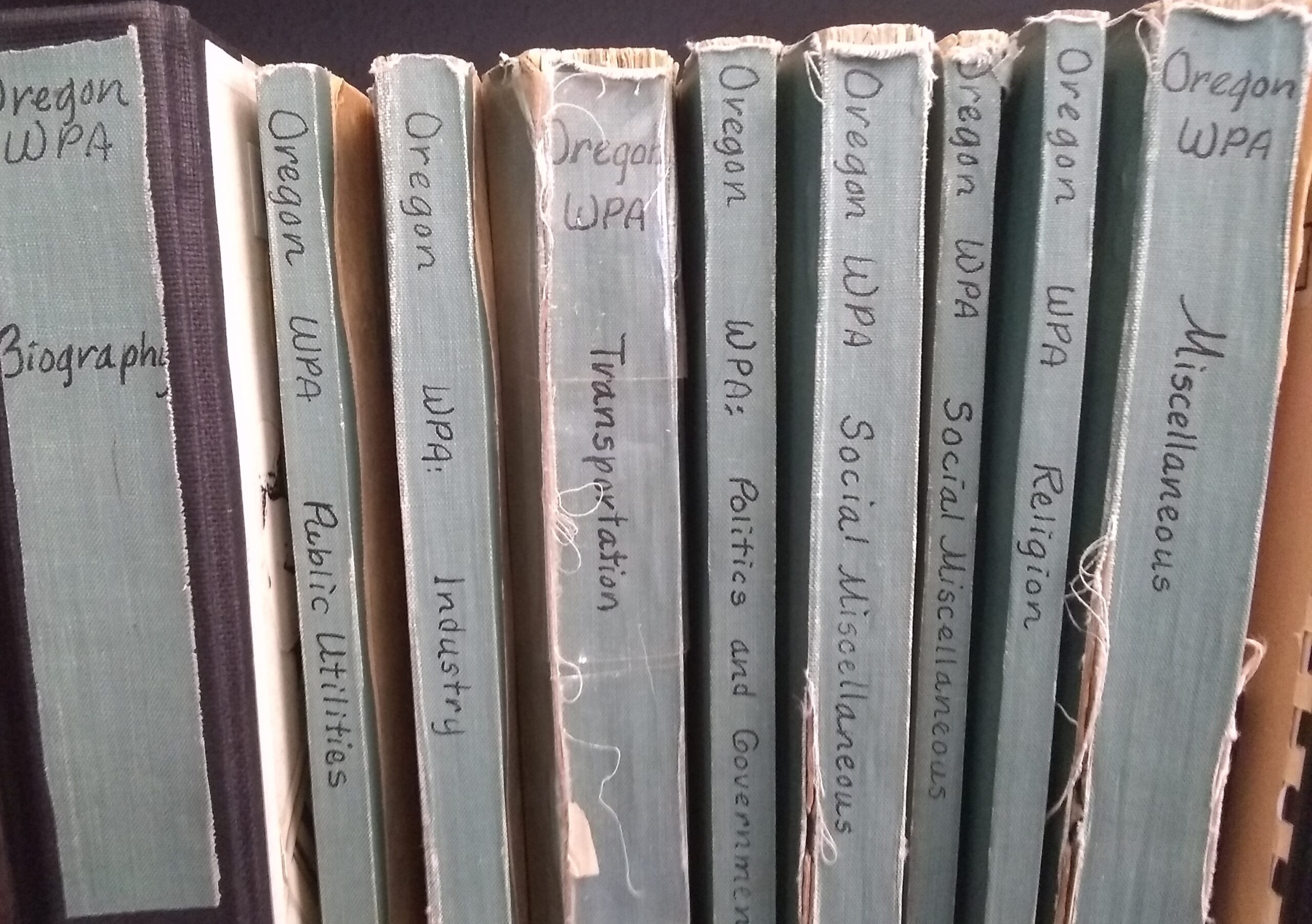Killing Time
I have always detested the phrase “killing time.” Time is to be savored, sauteed, not killed while waiting around to do something.
Over the years, I have made it a point to arrive early to various appointments or openings and wander around, say, along a river, inside a thrift store, along a jetty or inside a liquor store. It always astonishes me that interesting, even fascinating incidents/findings occur in these moments of savoring time.
Such a moment occurred a few weeks ago and I rank it as one of my greatest, if not the greatest.
I was early to the opening of a second hand book store, 45 minutes early. So, I decided to visit a library a block away and peruse their fine reference section of Oregon history. I knew about it because I had perused it several times before and struck gold every time even though I wasn’t looking for anything in particular. This is why I love roaming the shelves and stacks in libraries and second hand book stores, as well as weird thrift stores and remote liquor stores. One never knows what you’ll find. It’s something an algorithm will never replace. You might also meet Peter Fonda like I did one afternoon in a Manzanita liquor.
I entered the library and went straight to the reference section. I started looking around. In short order, something arrested my attention: handwritten titles that read Oregon WPA. There were multiple volumes with secondary titles like Religion, Transportation, Biography, etc. I pulled the Biography volume off the shelf, sat down at a table, and opened it .
In the course of my long study of Oregon and American history, I was familiar with the WPA and the New Deal era Federal Writers Project and had used many of their material in my own articles and books. I also had traveled around Oregon and visited many of the more famous and still-going-strong monuments/edifices/parks/etc of that incredible era of socialism. Indeed, a vast majority of Oregonians have their lives enhanced by these projects every single day or weekend of their lives, but of course no nothing of their historical context. I always have to laugh when a Trumpian sort of Oregonian enjoys hiking at Silver Falls State Park or a cozy fire in Timberline Lodge and then rails against socialism.
As I said, I knew my WPA Federal Writers Project history, particularly in connection to Oregon, but these volumes were a total mystery. All the volumes contained typewritten articles on the subjects listed above from Oregon City newspapers from the early 1800s to the early 1900s. In other words, someone had been tasked to read all the pioneer papers of Oregon City, and retype articles on certain subjects and then paste them into a single large volume. The whole project amounted to a massive clipping file that was of course invaluable because many of these papers never went to microfiche. .
I asked the reference librarian about them and she didn’t know anything about them.
It wasn’t so much what I read in the volumes that blew my mind, but what it roiled in my creative imagination about a future novel I plan to write called The Watershed. I’ve thought about the book for years and amassed quite a bit of research materials for it, but was struggling with a few key plot/narrative points and these WPA volumes instantly supplied the solution. I think the word is EUREKA!
I took a few notes about the volumes and then hit the road. Later, I discovered these volumes were one of 14 in Oregon counties/locales where a Federal Writers Project writer typed and collated articles from local newspapers.
All of it supported by the federal government trying to get people back to work.

